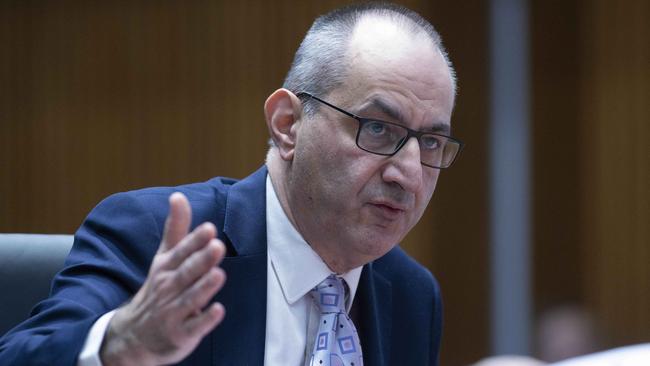
The reaction to Pezzullo’s email has been nearly hysterical, as though a lofty historical judgment by one of Australia’s most senior and effective public servants is somehow a threat to international security.
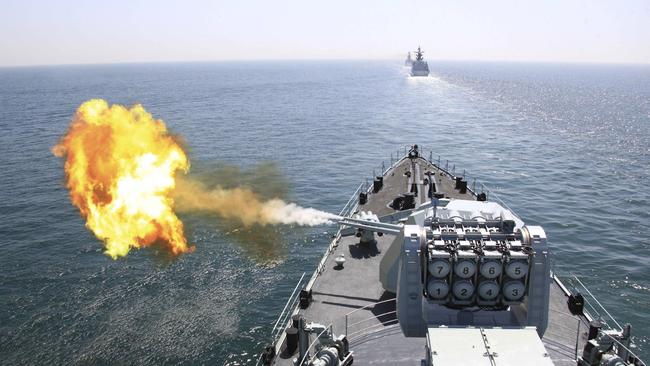
That the government is not planning to move Pezzullo to Defence reflects a longstanding preference by Scott Morrison not to move a minister and their department secretary at the same time. The PM, not unreasonably, thinks this can cause too much disruption.
It is also the case that the government has the highest confidence in the current Secretary of the Defence Department, Greg Moriarty. Moriarty is an impressive senior Canberra bureaucrat, a very hard-headed individual who has served in all manner of senior and often highly sensitive government roles.
If he were promoted to be head of the Prime Minister’s Department, or if he succeeds Frances Adamson, who will likely retire some time in the next few months as head of the Department of Foreign Affairs and Trade, that would create a vacancy at the top of Defence. If that were to happen in a few months’ time, then Pezzullo’s name would certainly once more be in the mix for Defence.
Moriarty is himself a demanding and extremely hardworking mandarin boss, but it is fair to say that some in Defence were a little tremulous — others might say terrified — of the idea of Peter Dutton and Mike Pezzullo both arriving at their department at the same time.
Dutton has had a very good start at Defence. He knows what he is doing. He is a strategic hard head and he wants Defence to focus on its core task — which is being able to provide for the security of Australia through the application of deadly force if necessary. Dutton is also an experienced cabinet minister accustomed to a tough portfolio and pushing bureaucrats to go where they are sometimes not comfortable in order to secure results the nation wants.
Over the whole life of the conservative government since 2013, the establishment and securing of border security for Australia has been the single greatest and most important policy achievement, and it has closely involved Morrison, Pezzullo and Dutton. Pezzullo is a public servant who gets things done, famous for his late-night work emails. Morrison and Dutton both continue to have a very high opinion of Pezzullo.
It is no secret that Pezzullo has had a lifelong desire to lead Defence, where he spent many years. Although intellectually sophisticated and completely on top of all Canberra’s intricate ways of government, he is a highly unusual bureaucrat. Those who dislike him think that he can be far too abrasive. No one, though, doubts his legendary work ethic or drive to achieve results, to make the machinery of government deliver policy. He has served governments of both political persuasions with distinction. He was the lead author of Kevin Rudd’s 2009 Defence White Paper, which began the process of taking a sober and essentially worried look at Chinese strategic intentions and capabilities. Rudd sent Pezzullo to Beijing to brief the Chinese on the White Paper before it was published. One of the reasons Rudd chose Pezzullo to do this was that he knew Pezzullo would not lose the substance of the message — that Canberra even then was seriously concerned at Beijing’s actions — in overarching diplomatic politeness or a game of manners.
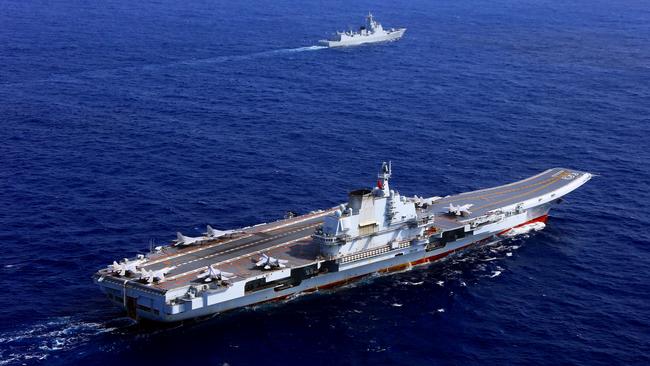
To put it another way, if you want to deliver a tough message to somebody, Pezzullo is your man. It would not be a good thing for Pezzullo to make speeches every day in the terms of his Anzac Day reflections. But these sober and intelligent words were entirely reasonable.
In his Anzac Day reflection, Pezzullo is commenting, not unreasonably, on the military dimension of Australia’s security. Anzac Day is a transcendent national day of reflection and thanksgiving and it belongs to no particular portfolio to the exclusion of all others.
Pezzullo’s reflections are remarkably well written. He begins by restating longstanding Australian strategic doctrine. The nation aims to be militarily self-sufficient in all contingencies short of major power war, but central to our conception of our security is the US alliance. He quotes two great US generals, Douglas MacArthur and Dwight Eisenhower. MacArthur, in a justly famous speech at West Point, told the cadets they had one overriding mission: “To train to fight and, when called upon, to win their nation’s wars.”
During the ridiculous tenure of our recent defence ministers, one thing that was never spoken about was the core purpose of defence. We had a defence policy which contained the injunction “don’t mention the war”.
Our defence recruitment material in recent years has been mostly about happy adventures with Jacko and Johno and good careers and equal opportunity and blah blah blah. Anything but mention that we ask our young men and women in uniform to embrace the potential sacrifice of their lives for a cause greater than themselves. The contrast with US defence recruitment materials — “the few, the brave, the marines” — is stark. This may seem trivial but it’s a sign of the lack of seriousness in our national dialogue.
Pezzullo’s comments, like recent comments by Dutton, are an attempt to get us to take serious matters seriously.
The sentence which got Pezzullo into most trouble was this: “In a world of perpetual tension and dread, the drums of war beat — sometimes faintly and distantly, and at other times more loudly and ever closer.” These words, elevated in tone though they are, reflect the conclusion of anyone with an IQ above room temperature who gives the matter any thought. They could apply to Russia in Ukraine, North Korean missile launchings, Iranian threats against Israel. That everyone immediately concludes they refer to Beijing is a reflection on Beijing, not on Pezzullo.
And Pezzullo repeatedly requires that every effort be bent toward peace. If Australians cannot cope with even this modest level of reality in public comments from a senior national security figure, we have more problems than ever we have imagined.



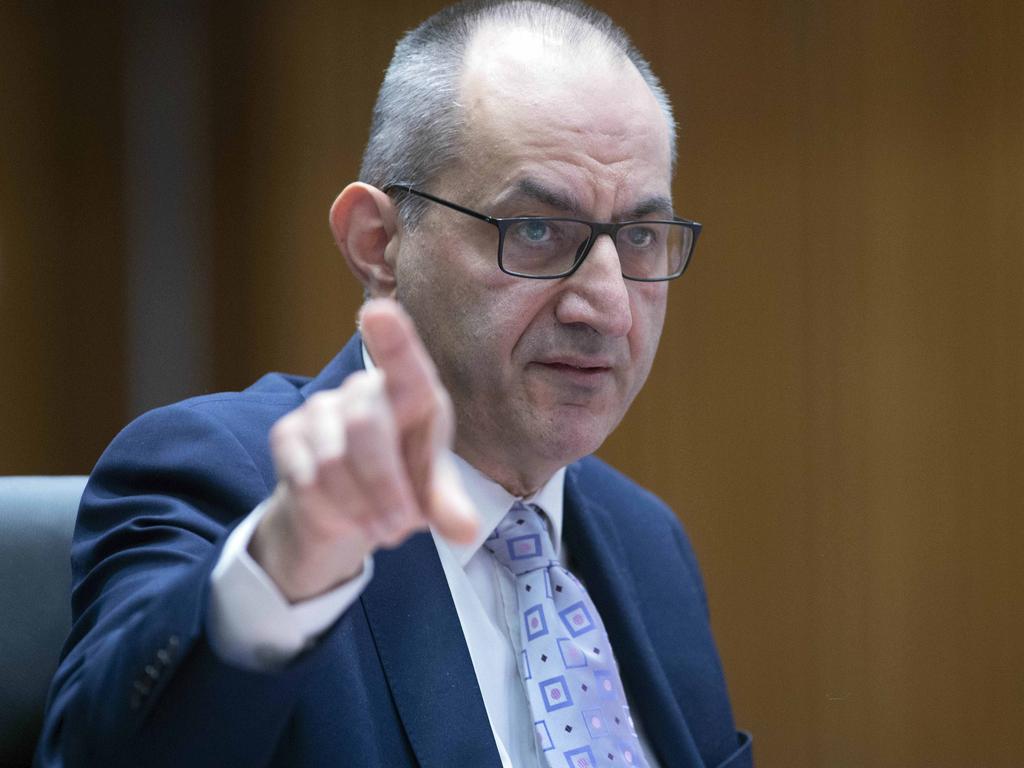
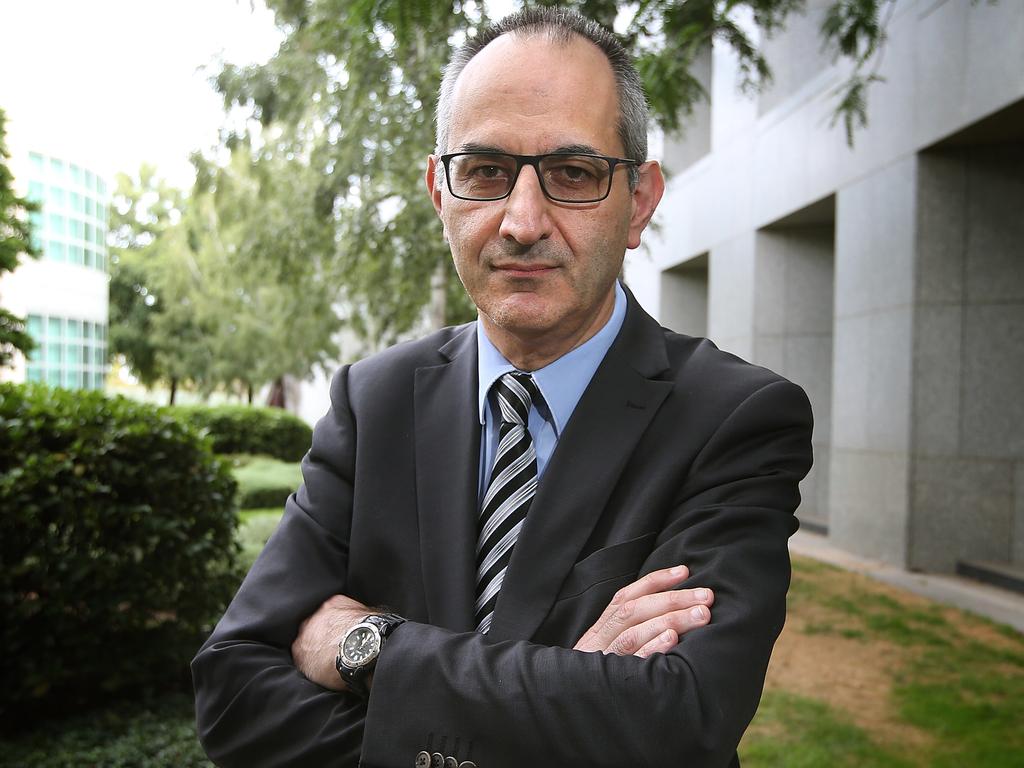
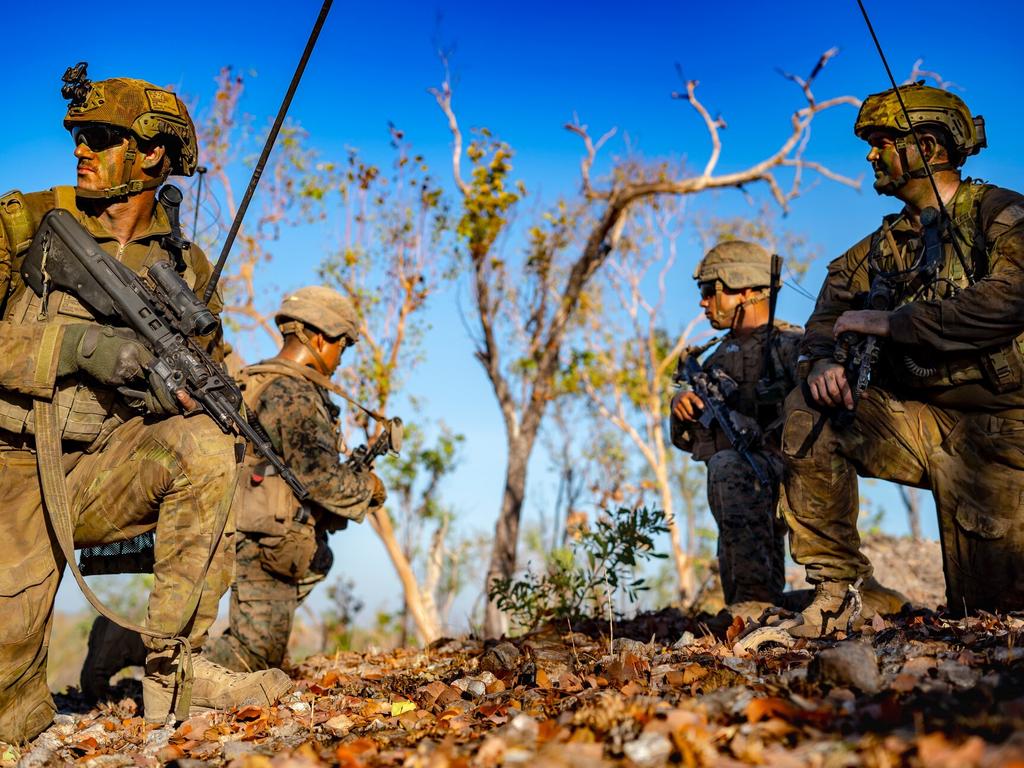

Mike Pezzullo, the head of the Department of Home Affairs, will not become secretary of the Defence Department any time soon. That is not because of the sober, measured Anzac Day reflections he circulated to members of his department. These were submitted to his minister, Karen Andrews, in advance. She certainly raised no objections. They do no more than restate common government strategic judgments and describe, in a perfectly reasonable fashion, the strategic situation the nation confronts. They do not mention China by name.